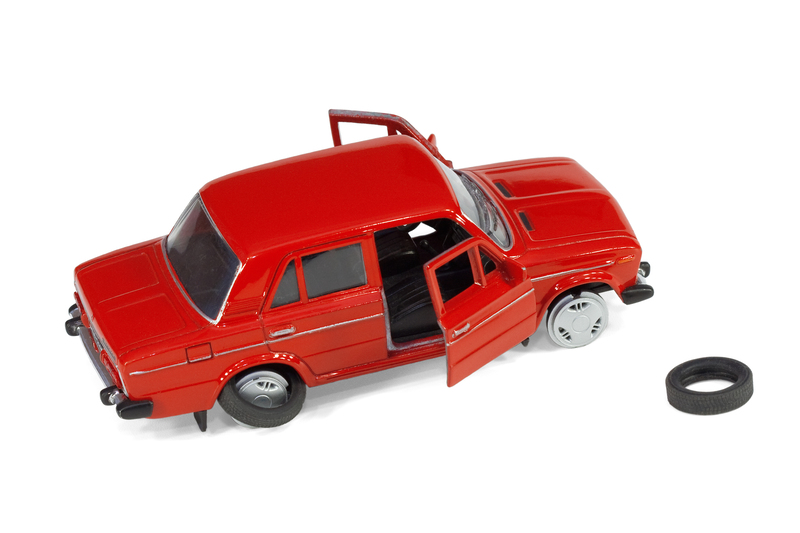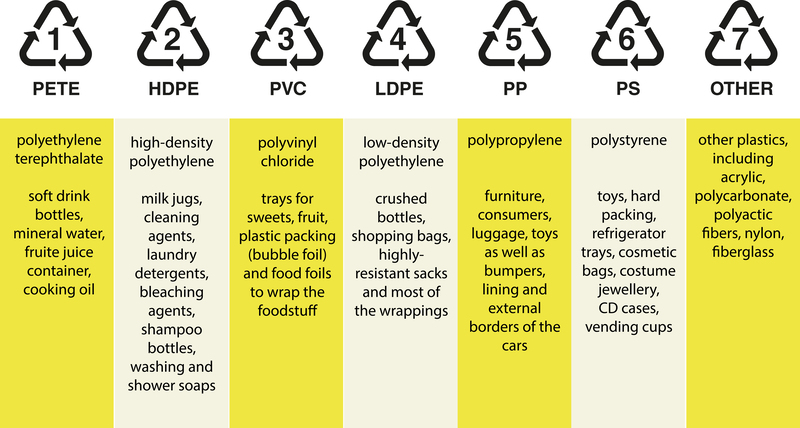Recycling Options for Unused Electronic Chargers
In today's digital age, electronic chargers for smartphones, laptops, tablets, and other devices have become everyday essentials. However, with rapid technological advancements and frequent device upgrades, our homes and offices often accumulate a surplus of unused chargers. Improper disposal of these chargers can contribute to electronic waste (e-waste) and environmental pollution. Finding effective recycling options for unused electronic chargers is not just an eco-friendly choice--it's a responsibility. This comprehensive guide will walk you through the best methods to recycle old chargers and minimize environmental impact.

Why Recycle Electronic Chargers?
Electronic chargers contain valuable materials such as copper, aluminum, and plastics, as well as potentially harmful substances like lead and cadmium. These materials, if not properly handled, can leach into soil and water, endangering ecosystems and human health. Recycling unused chargers conserves resources, reduces hazardous waste, and supports the circular economy by making materials available for new products.
- Resource Conservation: Extracting and reusing metals and plastics from chargers reduces the need for raw material mining and processing.
- Environmental Protection: Responsible recycling helps prevent toxic substances from polluting landfills.
- Energy Savings: Recycling generally uses less energy than manufacturing new products from raw materials.
Types of Electronic Chargers Suitable for Recycling
Not all chargers are created equal, but most can be recycled in similar ways. You can recycle:
- Phone chargers (USB, USB-C, Lightning, etc.)
- Laptop chargers
- Tablets and e-reader chargers
- Camera and power tool chargers
- Smartwatch and fitness tracker chargers
- Chargers for older devices (MP3 players, handheld consoles, etc.)
Best Recycling Solutions for Unused Electronic Chargers
1. Electronics Retailer Take-Back Programs
Many electronics retailers are stepping up to reduce e-waste by offering charger recycling programs. Major chains accept old chargers at designated drop-off bins. Examples include:
- Best Buy: Accepts most chargers and small electronics at in-store recycling centers.
- Staples: Offers free electronics recycling for chargers and cables.
- Apple: Their Trade-In and recycling program accepts Apple chargers and certain third-party brands.
*Tip: Check store policies online or call ahead to confirm which items are accepted.*
2. Community E-Waste Collection Events
Neighborhoods, cities, and counties often organize e-waste recycling events, sometimes annually or semi-annually. These events provide an easy, local way to drop off various electronics, including unused chargers. Details about accepted items and event schedules are typically available on city or local government websites.
- Search for events in your area under "community e-waste recycling day" or similar keywords.
- Verify what electronics they accept before attending.
Pro Tip: These events sometimes partner with certified e-waste recyclers, ensuring ethical and safe processing of electronics.
3. Dedicated E-Waste Recycling Centers
Specialized e-waste recycling facilities are equipped to safely break down electronics--including chargers--into their component materials. You can find your nearest recycling center by searching terms like "electronic recycling near me" or using resources from national organizations like Call2Recycle or Earth911.
- Most centers accept chargers and other small electronics free of charge.
- Always confirm their protocols on sorting and drop-off hours.
4. Mail-In and Courier Recycling Services
For those who prefer convenience, there are numerous mail-in recycling programs. These services supply shipping labels and instructions to send your unused electronics and chargers directly to certified recyclers.
- TerraCycle: Offers specialized boxes for electronics waste, including chargers and cables.
- Best Buy: Mail-in program options for recycling small electronics (check current policy).
- Amazon Recycling: Provides customers with free shipping labels to mail old devices and accessories back for recycling.
Mail-in services are ideal for remote areas or busy individuals who cannot access brick-and-mortar recycling locations.
5. Manufacturer and Brand-Specific Recycling Programs
Electronics manufacturers often accept their own products (and sometimes third-party items) for recycling. Top brands like Apple, Sony, Samsung, and Dell provide mail-back programs or in-store collection boxes for unwanted accessories, including chargers.
- Check the company's website for collection details, accepted items, and any incentives for recycling.
6. Charities and Reuse Organizations
If your dormant charger is still in working condition, consider donating it! Many non-profits and thrift stores accept functioning chargers to distribute to people in need or resell. Examples include:
- Goodwill
- Salvation Army
- Local shelters or community centers
Some organizations specifically focus on electronics:
- Human-I-T: Connects donated electronics and chargers with low-income families.
*Always check their guidelines for what types of chargers they accept and whether they need to be paired with devices.*
How to Prepare Unused Chargers for Recycling or Donation
Properly preparing your unused electronic chargers for recycling ensures safety and expedites processing:
- Untangle and bundle cables and chargers neatly--twist ties or rubber bands can help.
- Remove batteries (if any) and recycle them separately--batteries often require special handling.
- Test for functionality if you're donating; only pass along chargers that work cleanly and safely.
- Label bags or boxes if you're dropping off large mixed loads--this helps workers sort items efficiently.
What Happens to Recycled Chargers?
When you recycle your old or unused chargers, several processes occur:
- Sorting: The recyclers sort chargers by type and material.
- Dismantling: Chargers are manually or mechanically broken down into components--plastics, metals, circuit boards, etc.
- Separation: Advanced equipment separates materials for further processing.
- Reuse or Smelting: Metals like copper and aluminum are melted down and purified. Plastics are ground up for repurposing.
- Responsible Disposal: Any hazardous elements are safely processed as per environmental guidelines.
Environmental and Social Benefits of Responsible Charger Recycling
- Reduces landfill waste and the leaching of harmful chemicals into the earth.
- Conserves energy and natural resources by recycling metals and plastics.
- Provides affordable materials for new products, helping manufacturers and reducing consumer costs.
- Creates jobs in the recycling industry and supports community programs via re-use initiatives.
- Fosters greater environmental awareness and inspires others to participate in sustainable practices.
Common Myths About Recycling Electronic Chargers
Myth 1: Chargers Are Too Small to Matter
Some people believe that disposing of a single charger can't have an impact. In reality, billions of chargers are sold annually worldwide. Collectively, they represent a significant portion of e-waste each year.
Myth 2: Chargers Can Go in Regular Curbside Recycling
While curbside programs are convenient, most cannot process electronic items like chargers and cables. Always use specialized recycling centers or mail-in programs to ensure proper handling.
Myth 3: Chargers Have No Value Once Old
Even outdated or broken chargers contain valuable materials (e.g., copper wiring) that can be reclaimed and reused. They are far from worthless!
FAQs: Responsible Disposal and Recycling of Electronic Chargers
Q1: Can I throw away old chargers in the trash?
No. Throwing unused chargers in the trash sends them to landfills where they may leak toxins. It also wastes valuable resources. Use a dedicated recycling or donation option.
Q2: Is it safe to recycle chargers with built-in batteries?
Batteries require special handling, as they can cause fires if crushed or mishandled. Check if your local recycler accepts chargers with integrated batteries, and consider removing batteries first when feasible.
Q3: Are there any incentives for recycling chargers?
Some manufacturers and stores offer discounts, coupons, or loyalty points when you recycle electronic accessories in-store. Check with participating locations.

Tips for Reducing Future Charger Waste
Efficient recycling of unused chargers is crucial, but preventing waste from accumulating is even better. Here's how you can reduce future charger clutter and waste:
- Invest in Universal Chargers: Choose chargers compatible with multiple devices (e.g., USB-C standards), reducing the total number needed.
- Resist Impulse Purchases: Don't buy extra chargers unless absolutely necessary.
- Share or Swap: Organize charger swaps in your community or workplace.
- Buy Quality Products: Durable and reputable chargers last longer, reducing the need for frequent replacement.
- Support Right-to-Repair: Back regulatory efforts encouraging universal charging standards and product longevity.
Conclusion: Make a Difference with Responsible Recycling
Unused chargers aren't just clutter--when improperly discarded, they threaten ecosystems and squander valuable materials. Fortunately, recycling options for unused electronic chargers abound. From local stores and charity programs to national mail-in services, you have a variety of eco-friendly disposal methods at your fingertips. Remember to always prepare your chargers properly, check program guidelines, and consider donating working accessories whenever possible.
By choosing to recycle your old, obsolete, or surplus chargers, you're taking a vital step toward a cleaner planet and a more responsible digital lifestyle. Encourage your peers and community to join you--together, we can turn e-waste into opportunity!
For more helpful tips on reducing electronics waste, explore our other articles and resources.